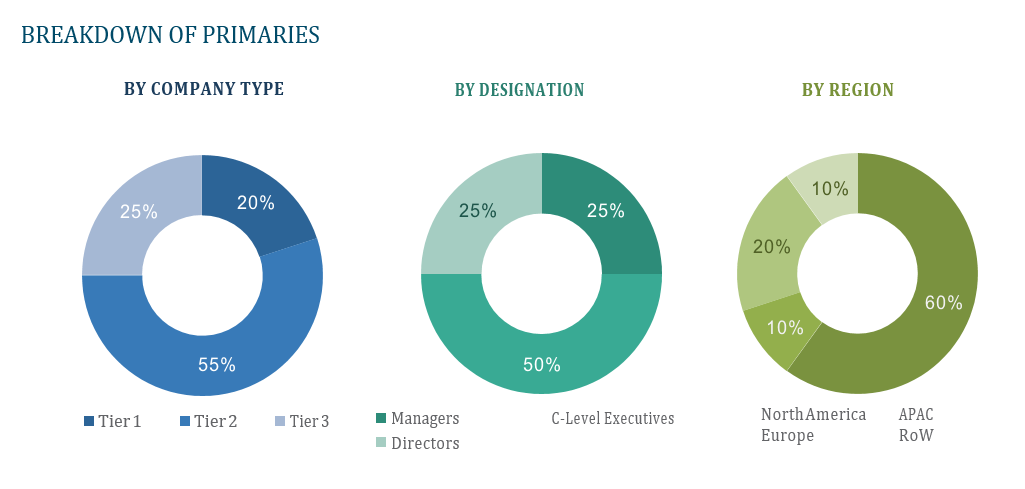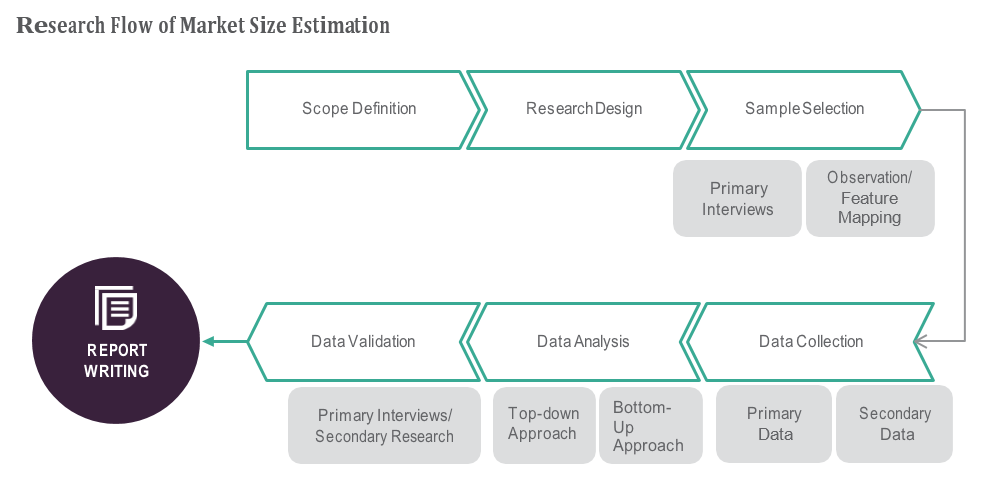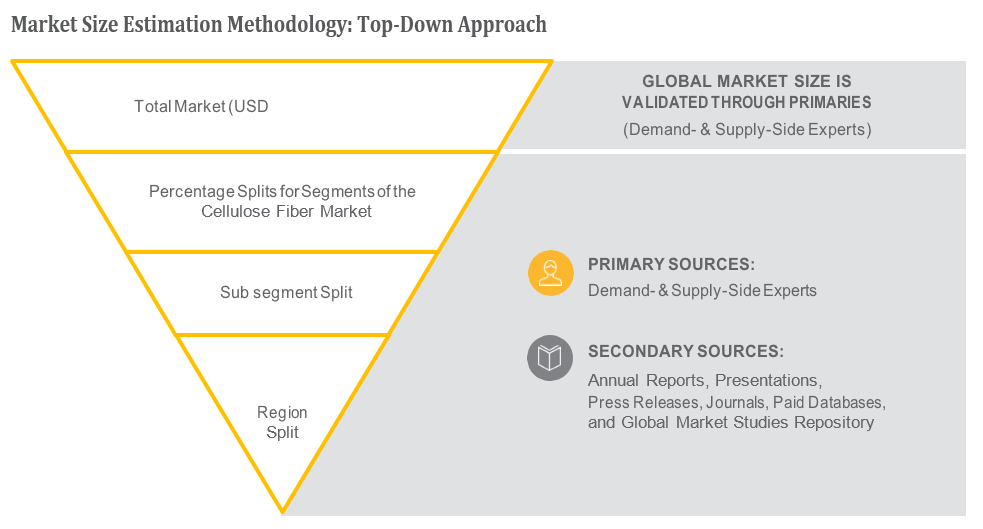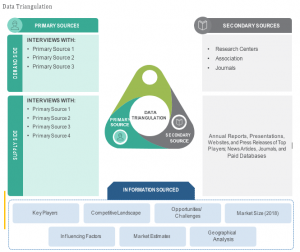OVERVIEW
The Laboratory Information System (LIS) Market is currently valued at USD 2.4 billion in 2024 and will be growing at a CAGR of 10.8% over the forecast period to reach an estimated USD 4 billion in revenue in 2029. The Laboratory Information System (LIS) market is a dynamic sector witnessing significant growth and innovation. LIS refers to software solutions designed to manage and automate processes within medical laboratories, including data management, sample tracking, and result interpretation. With the increasing demand for efficient healthcare delivery and the adoption of digitalization in medical facilities, the LIS market is experiencing a surge in demand. Key drivers include the need for streamlined workflows, improved patient outcomes, and regulatory compliance. Additionally, advancements in technology, such as cloud computing and artificial intelligence, are reshaping the landscape of LIS solutions, offering enhanced scalability, interoperability, and analytics capabilities. As healthcare systems worldwide continue to evolve, the LIS market is poised for continued expansion, catering to the evolving needs of laboratory professionals and healthcare organizations alike.
The growing demand for efficient healthcare delivery and the increasing volume of laboratory tests drive the adoption of LIS solutions, which streamline workflows and enhance productivity. Secondly, stringent regulatory requirements mandate the implementation of robust data management systems, boosting the demand for LIS to ensure compliance and data integrity. Thirdly, advancements in technology, such as cloud computing and artificial intelligence, are revolutionizing LIS capabilities, offering scalability, interoperability, and advanced analytics. Moreover, the rising prevalence of chronic diseases and the aging population contribute to the expansion of the LIS market, as healthcare providers seek innovative solutions to manage diagnostic data effectively. Additionally, the COVID-19 pandemic has underscored the importance of resilient healthcare infrastructure, further accelerating the adoption of LIS for efficient data management and communication in laboratory settings.
Table of Content
Market Dynamics
Drivers:
The growing demand for efficient healthcare delivery and the increasing volume of laboratory tests drive the adoption of LIS solutions, which streamline workflows and enhance productivity. Secondly, stringent regulatory requirements mandate the implementation of robust data management systems, boosting the demand for LIS to ensure compliance and data integrity. Thirdly, advancements in technology, such as cloud computing and artificial intelligence, are revolutionizing LIS capabilities, offering scalability, interoperability, and advanced analytics. Moreover, the rising prevalence of chronic diseases and the aging population contribute to the expansion of the LIS market, as healthcare providers seek innovative solutions to manage diagnostic data effectively. Additionally, the COVID-19 pandemic has underscored the importance of resilient healthcare infrastructure, further accelerating the adoption of LIS for efficient data management and communication in laboratory settings.
Key Offerings:
The key offerings in the AI in pathology market encompass a range of innovative solutions designed to enhance diagnostic accuracy, streamline workflows, and improve patient care. These offerings include advanced machine learning and deep learning algorithms capable of analyzing complex pathology images with unprecedented precision, enabling early detection and accurate diagnosis of diseases such as cancer. Digital pathology platforms facilitate the seamless digitization and sharing of pathology images, promoting collaboration among healthcare professionals and enabling remote consultations. Additionally, AI-driven tools for image analysis and interpretation automate repetitive tasks in pathology laboratories, freeing up valuable time for pathologists to focus on complex cases and critical decision-making. Furthermore, predictive analytics and personalized medicine solutions leverage AI technologies to identify patterns and trends in patient data, enabling healthcare providers to deliver more tailored and effective treatments.
Restraints :
While the Laboratory Information System (LIS) market shows promising growth, several restraints impede its full potential. One significant challenge is the high initial investment required for implementing LIS solutions, including software licenses, hardware infrastructure, and staff training. This financial barrier may deter smaller healthcare facilities or those with limited budgets from adopting LIS, limiting market penetration. Additionally, concerns regarding data security and privacy present a significant restraint, particularly in light of increasing cybersecurity threats and stringent regulatory requirements. Healthcare organizations must invest in robust security measures to safeguard sensitive patient information, adding complexity and cost to LIS implementation. Moreover, interoperability issues between different LIS platforms and existing healthcare systems pose challenges to seamless data exchange and integration, hindering workflow efficiency and limiting the scalability of LIS solutions. Furthermore, resistance to change and organizational inertia within healthcare settings may slow down the adoption of LIS, requiring effective change management strategies to overcome.
Regional Information:
• In North America, the Laboratory Information System (LIS) market is robust, driven by factors such as the presence of well-established healthcare infrastructure, high adoption rates of advanced technology, and stringent regulatory standards. The region’s healthcare industry is characterized by a strong emphasis on digitalization and interoperability, encouraging the adoption of LIS solutions to streamline laboratory workflows and enhance patient care. Additionally, the increasing prevalence of chronic diseases and the aging population further fuel demand for LIS, as healthcare providers strive to manage diagnostic data efficiently. Moreover, the COVID-19 pandemic has accelerated the adoption of LIS in North America, as laboratories grapple with the surge in testing volumes and the need for rapid data analysis and reporting.
Recent Developments:
• In May 2023, Clinisys acquired Promium, a provider of laboratory information management systems for environmental and analytical testing laboratories. This acquisition strengthens Clinisys’ position in public health and toxicology diagnostics and supports its global expansion.
• In January 2023, Orchard Software Corporation announced the release of its new Enterprise Toxicology solution, which aimed to enhance patient care in toxicology laboratories by providing information system tools. The solution offers features such as an integrated workflow engine, plate mapping tools for patient safety, medication consistency interpretation, and customizable report formats.
Key Players:
Cerner Corporation, McKesson Corporation, Epic Systems Corporation, Medical Information Technology, Inc. (MEDITECH), and Sunquest Information Systems, Inc.
1) What is the projected market value of the Laboratory Information System (LIS) Market ?
– The Laboratory Information System (LIS) Market is expected to reach an estimated value of USD 4 billion in revenue by 2029.
2) What is the estimated CAGR of the Laboratory Information System (LIS) Market over the 2024 to 2029 forecast period?
– The CAGR is estimated to be 10.8% for the Laboratory Information System (LIS) Market over the 2024 to 2029.
3) Who are the key players in the Laboratory Information System (LIS) Market ?
– Cerner Corporation, McKesson Corporation, Epic Systems Corporation, Medical Information Technology, Inc. (MEDITECH), and Sunquest Information Systems, Inc.
4) What are the drivers for the Laboratory Information System (LIS) Market ?
– The demand for efficient healthcare delivery, increased laboratory tests, regulatory compliance, and advancements in technology are driving the adoption of LIS solutions. The aging population, chronic diseases, and COVID-19 have further accelerated the adoption of LIS for efficient data management and communication in laboratory settings.
5) What are the restraints and challenges in the Laboratory Information System (LIS) Market ?
– The Laboratory Information System (LIS) market faces challenges due to high initial investment, data security concerns, interoperability issues, and resistance to change. These factors may deter smaller healthcare facilities and those with limited budgets from adopting LIS solutions. Despite these obstacles, the market’s potential for growth remains promising.
6) What are the key applications and offerings of the Laboratory Information System (LIS) Market ?
– The Laboratory Information System (LIS) market provides comprehensive data management, seamless integration with instruments, advanced analytics tools, quality control management, regulatory compliance support, and customizable reporting functionalities. Cloud-based solutions offer enhanced scalability, accessibility, and security, catering to the evolving needs of modern healthcare environments.
7) Which region is expected to drive the market for the forecast period?
– North America is expected to have the highest market growth from 2024 to 2029
Why Choose Us?
Insights into Market Trends: Global Market Studies reports provide valuable insights into market trends, including market size, segmentation, growth drivers, and market dynamics. This information helps clients make strategic decisions, such as product development, market positioning, and marketing strategies.
Competitor Analysis: Our reports provide detailed information about competitors, including their market share, product offerings, pricing, and competitive strategies. This data can be used to inform competitive strategies and to identify opportunities for growth and expansion.
Industry Forecasts: Our reports provide industry forecasts, which will inform your business strategies, such as investment decisions, production planning, and workforce planning. These forecasts can help you to prepare for future trends and to take advantage of growth opportunities.
Access to Industry Experts: Our solutions include contributions from industry experts, including analysts, consultants, and subject matter experts. This access to expert insights can be valuable for you to understand the market.
Time and Cost Savings: Our team at Global Market Studies can save you time and reduce the cost of conducting market research by providing comprehensive and up-to-date information in a single report, avoiding the need for additional market research efforts.











